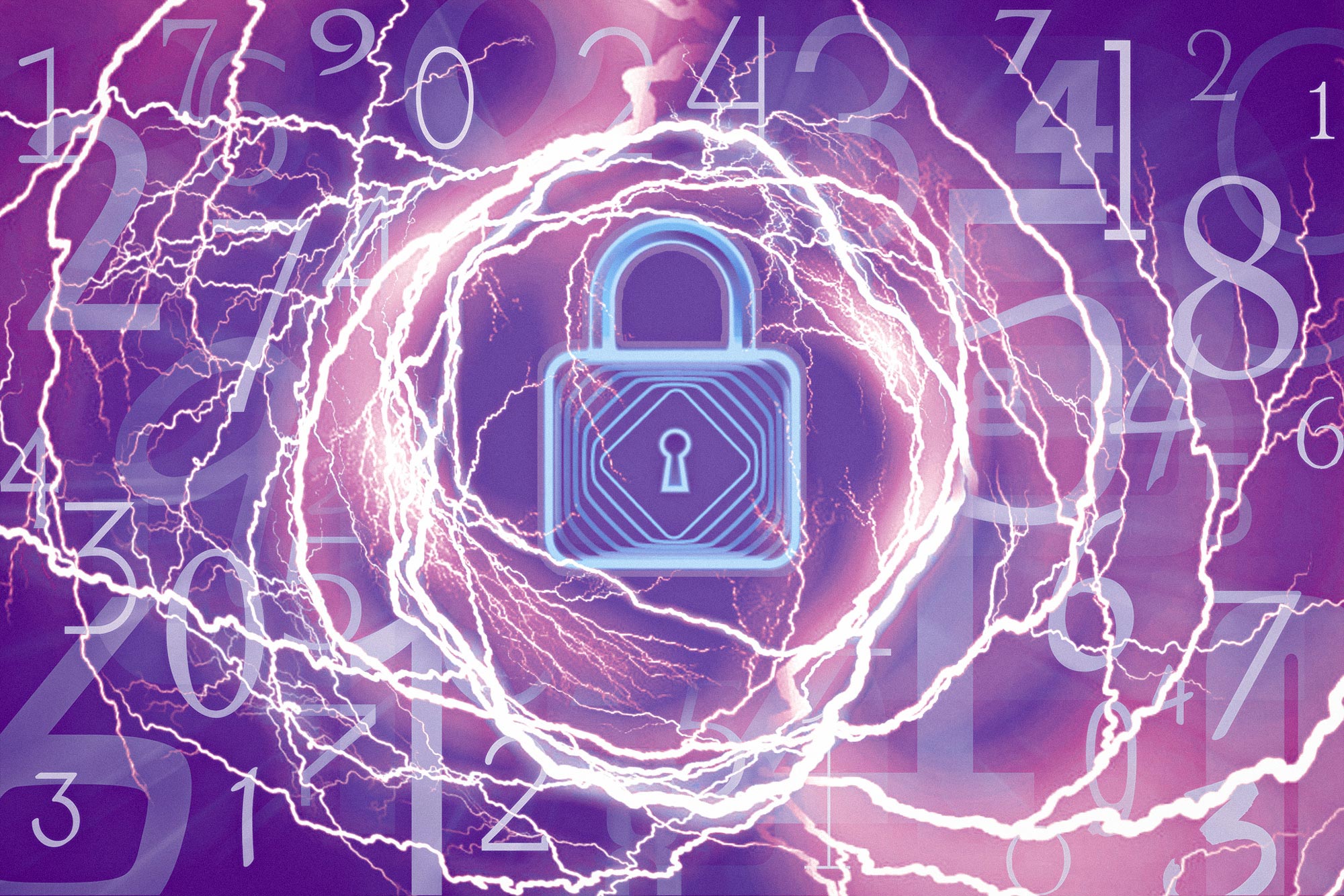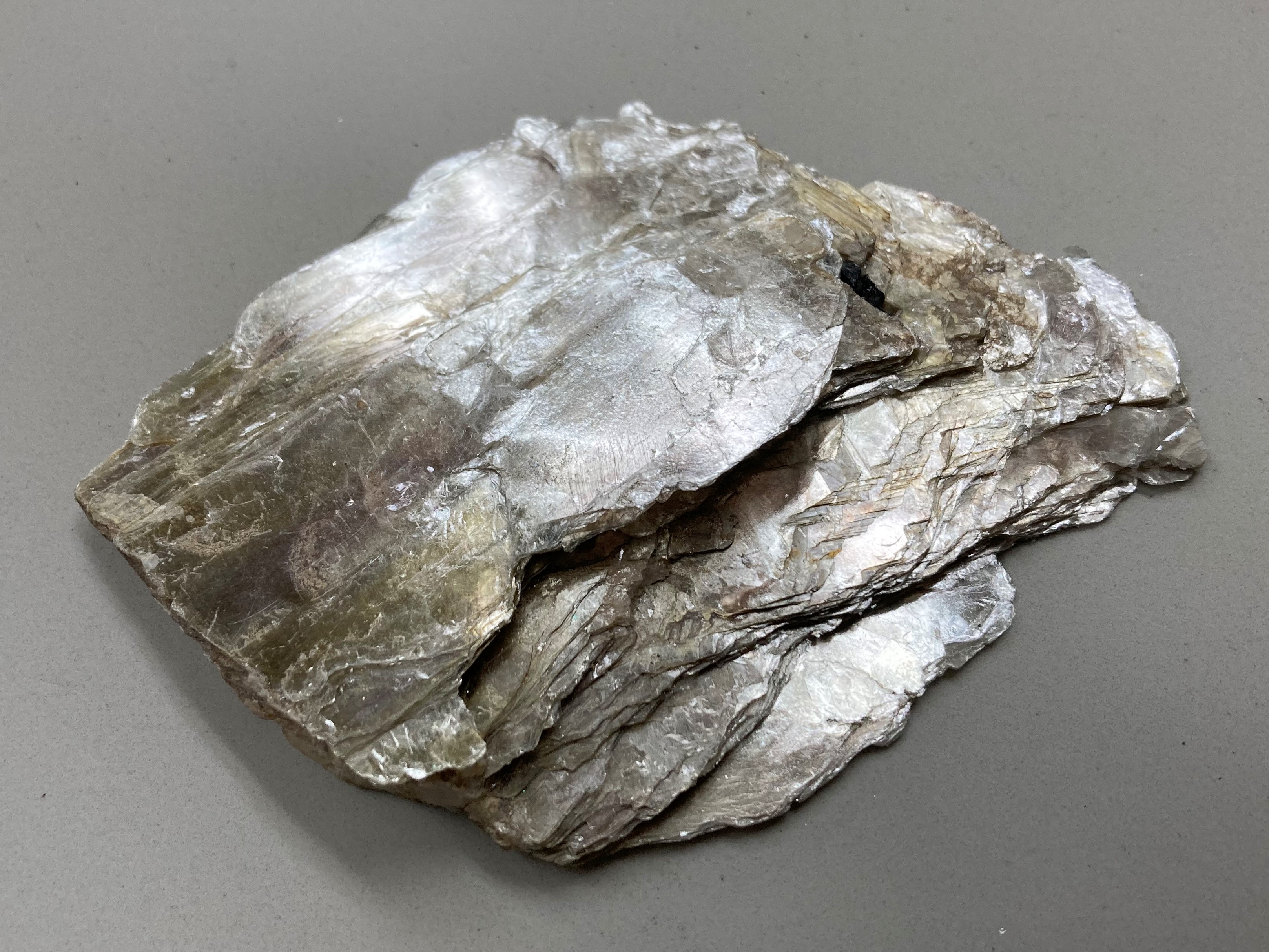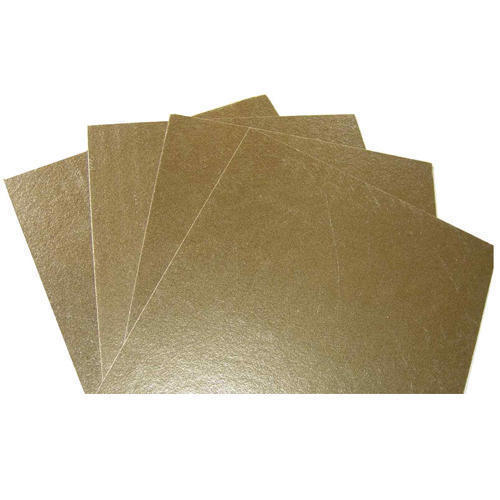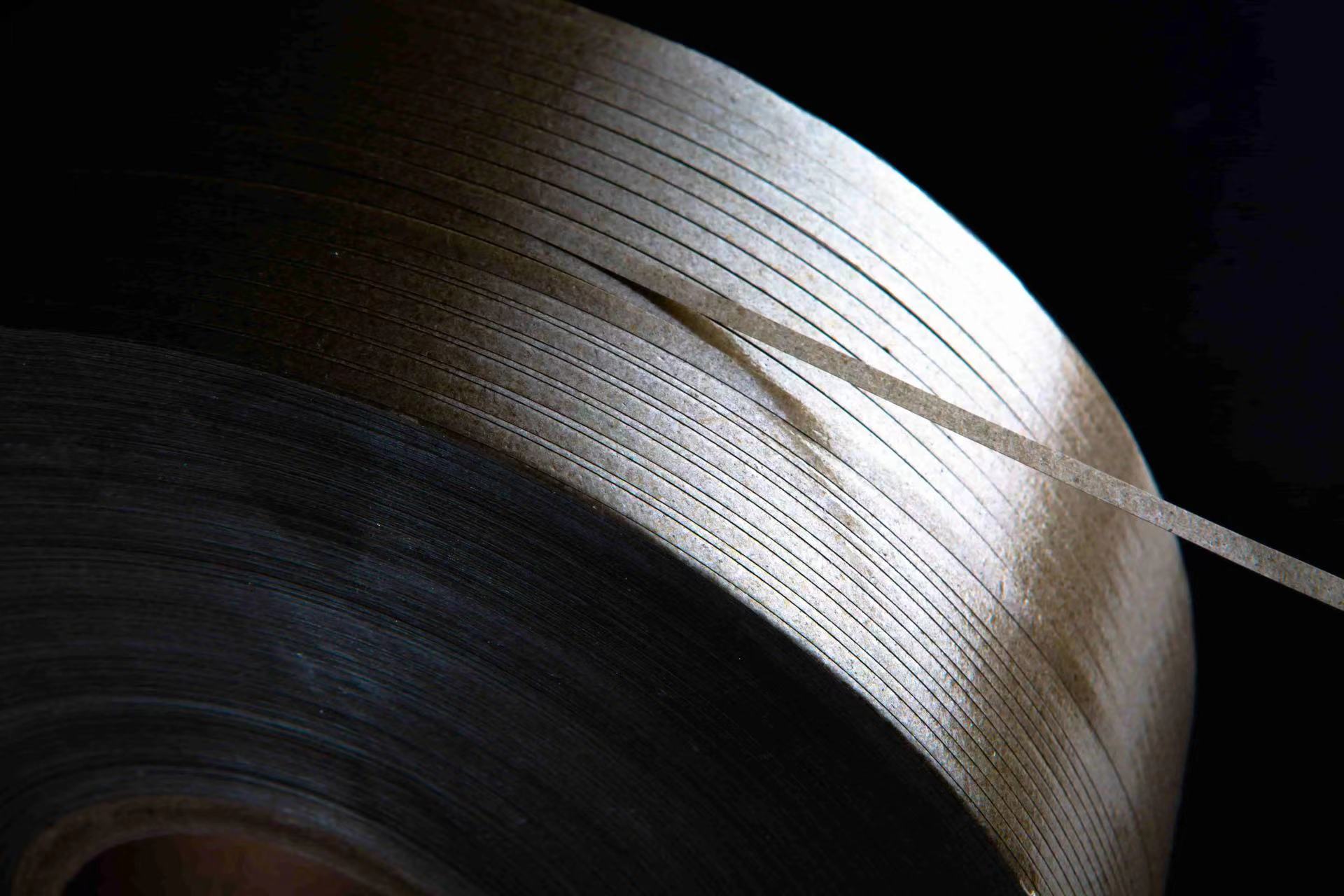The mica sheet is an electrical insulation material composed of a variety of ingredients, including silica, quartz, garnet, and almandine. Its color ranges from semi-metallic to metallic and it is widely used in daily life. Different types of mica sheets vary in functionality and efficacy.
Sodium feldspar, biotite, and hard green clay can appear in mica sheets. Garnet is rich in Fe and Mg. Si in silica can reach 3.369, which is high voltage combination. Mica has insulation and low loss thermal resistance functions and is also a good blackbody. So, how do we judge the quality of mica sheets? Let’s take a look.
How to judge the quality of mica sheets?
The presence of numerous impurities in the minerals
Mica sheets with different impurities may appear in various colors. The types of impurities can be determined by the color of the mica sheet. Black or green impurities are generally magnetite, which is highly hazardous. Red-brown and light-brown impurities are respectively hematite and limonite, which are less harmful. Among these impurities, the electrical conductivity of magnetite is the largest. So, the insulation performance of white mica containing black magnetite impurities will decrease by 2-3 orders of magnitude.
Large amounts of bubbles on the surface
The bubbles in the mica sheet usually contain water, which is difficult to remove by general drying methods, leading to increased loss of the mica sheet. Especially at high frequencies, these bubbles enhance ionization, significantly increasing loss and even causing dielectric breakdown. If mica sheets containing visible bubbles are used to make capacitors, they may become a hidden danger for capacitor failure. In addition, the existence of bubbles can also cause an increase in the temperature coefficient of the dielectric constant of the mica sheet.
Unexpected factors
The corrugations on the surface of mica sheets primarily affect the temperature coefficient of the capacitance, causing instability in capacitance. Fold lines and cracks can easily cause ionization and affect capacitance. Pinholes and sand eyes affect withstand voltage and are prone to ionization and breakdown, while red and green threads have little impact in general situations, but may affect withstand voltage and stability of capacitance when their area is excessive.
DataMica is an innovative medium-sized company based in Shanghai that is in the process of international development. The company develops and produces insulation and soundproofing components based on solutions for the automotive and electric vehicle industries. Customized solutions are the core of DataMica’s product portfolio. Welcome to inquire.






